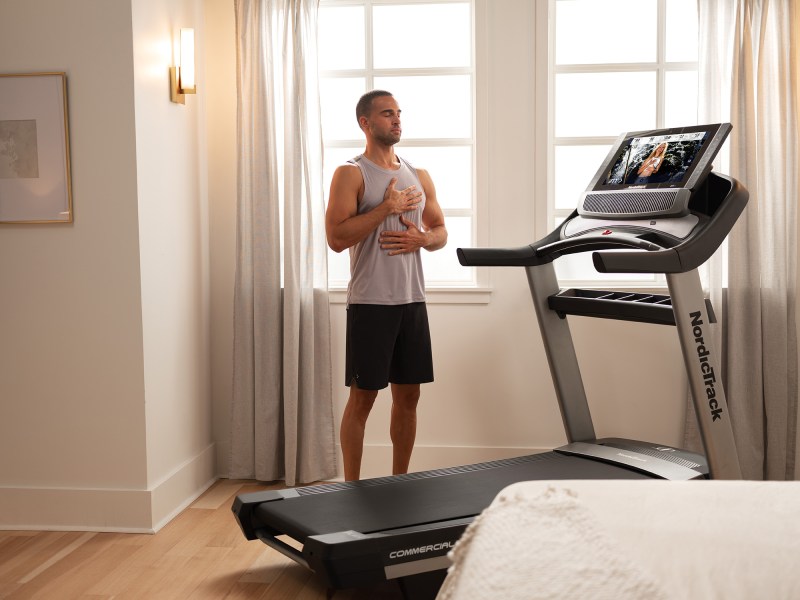
The Manual staff are no different than many Americans over the last year who were desperate to work out without going outside. Thus, we, along with many, have fueled the rapid rise in popularity of in-home workout solutions that include NordicTrack, ProForm, and Freemotion machines. Powering these three hardware-based companies is the iFit platform, a robust mix of reactive strength and endurance workouts from locales around the world that adjust resistance and speed to what’s happening on screen. iFit has, to date, been all about the body, offering thousands of on- and off-machine experience-based workouts that utilize these companies’ exercise bikes, treadmills, ellipticals, and rowers, but to date, its trainers have been content working on the body. As of Tuesday, May 4, iFit wants to train your mind.
Related Guides
In conjunction with Mental Health Month, iFit has developed programming that utilizes world-renowned experts, doctors, trainers, performance coaches, and pro athletes to cultivate happiness, manage anxiety attacks, and even handle general coronavirus stress. Called iFit Mind, in true iFit fashion, it launches with a firehose-volume of options, claiming more than 300 workouts and 20 series in this category alone. On its day of release, it also pledged to add eight additional series every month. There are entire wellness coaching platforms that can’t boast this volume, which doesn’t even take into account its bread and butter of fitness classes.
Its anxiety attack program is especially intriguing. Led by Jarrod Spencer, a sports psychologist and author, he leads users in a workout that follows the same shape as an attack, coaching all the while with strategies of how to deal with the stimulus. Its real-time problem solving can benefit many, regardless of the severity of one’s mental issues.
“We often go for walks to clear our mind and to think, but what if acclaimed coaches, doctors, and experts in mental health went with you on that walk, giving you tips and nuggets of wisdom along the way? This fusion is just one example of the broad mental wellness selection offered by iFit Mind,” Chris Jones, Director of Brand Marketing at iFit, tells The Manual.
Jones continued that iFit Mind’s goal was to combine iFit’s robust fitness programming, which targets the body, and an additional mental component, which positions it as one of the most holistic and comprehensive companies in the space.
While some of these iFit Mind workouts are designed with the user on one of the hardware company’s machines, others can be done completely away from equipment, providing a nice reinforcement to the relaxation process before bed, while traveling, or while away from the home.
These types of courses might cost hundreds of dollars to attend in person, provided that COVID restrictions didn’t outright prohibit it. But the the whole iFit catalog remains remarkably affordable, with a free 30-day trial and a $396-per-year fee.



